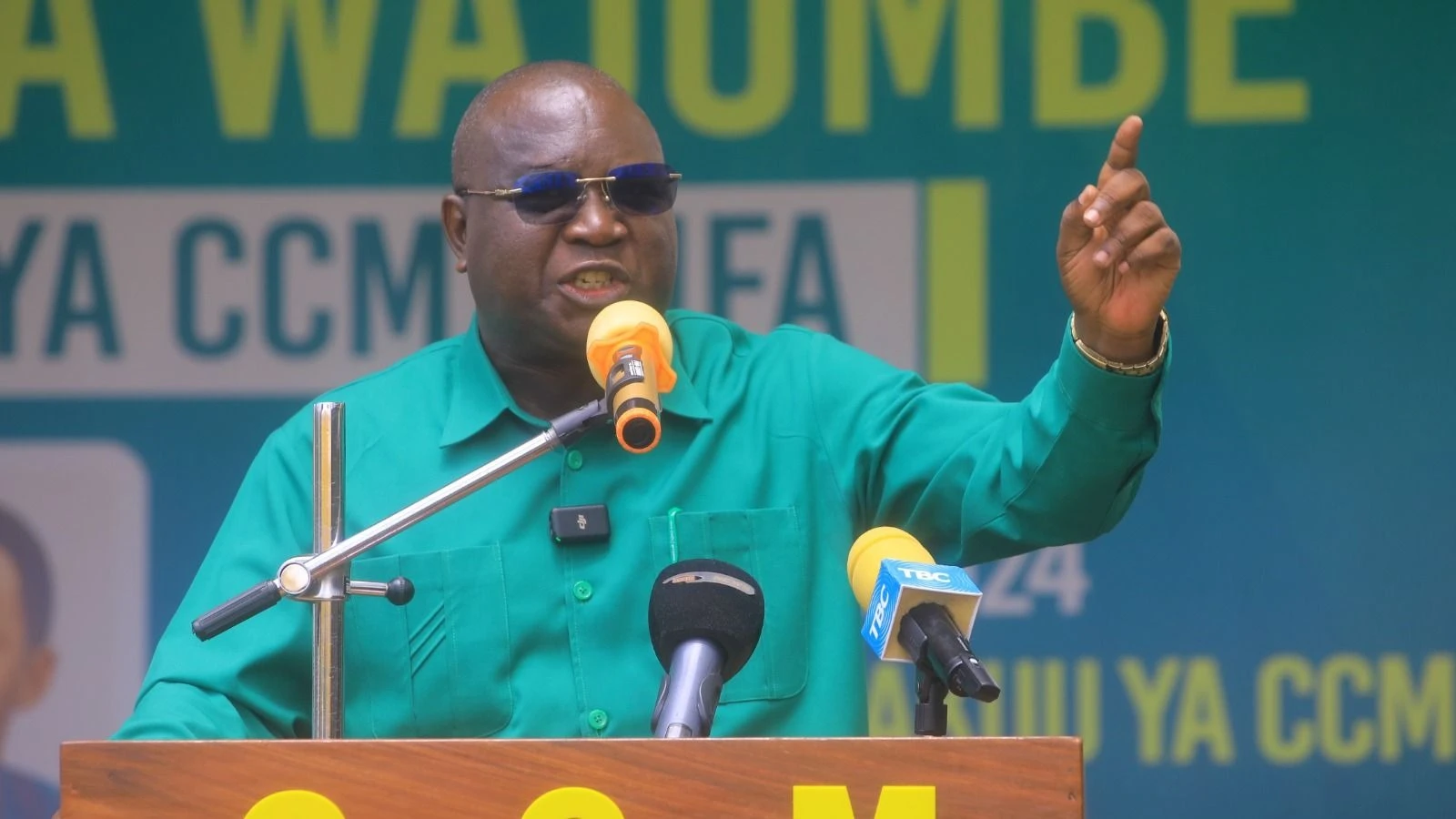Tanzania’s ruling party, Chama Cha Mapinduzi (CCM), has issued a directive instructing all its regional secretaries to reinstate every aspirant for councilor positions listed in the initial candidate selection. The move aims to ensure a fresh round of internal primary elections ahead of the country’s General Election scheduled for October 2025.
The directive was issued on Friday by CPA Amos Gabriel Makalla, CCM’s Secretary of Ideology, Publicity, and Training at the party’s National Executive Committee (NEC). His statement followed a Secretariat meeting of the CCM’s NEC held on July 31, 2025.
“All councilor aspirants approved by the Regional Political Committees should be reinstated and subjected to internal voting processes,” the party statement reads.
“Likewise, every candidate listed in the earlier rosters sent to the regional secretaries must be returned for grassroots vetting.”
This decision comes in response to a series of formal complaints raised by party members from various regions, questioning the transparency and fairness of the previous candidate selection process.
Earlier Instructions Nullified
The NEC Secretariat thoroughly reviewed the complaints and ultimately resolved to nullify all earlier instructions concerning the nomination process. The decision signals a renewed commitment to fairness and procedural transparency in CCM’s internal elections.
“All regional secretaries are required to implement the new directive promptly to ensure a just, transparent, and rule-based selection process,” added Makalla.
Looking Ahead to October Elections
The upcoming general election is critical for CCM, which has ruled Tanzania since its formation in 1977 through the merger of the Tanganyika African National Union (TANU) and the Afro-Shirazi Party (ASP) — a political legacy that makes it one of the oldest continuously ruling parties in Africa.
By restoring all early candidates to the selection process, CCM aims to avoid internal divisions and reinforce its long-standing image of unity and internal democracy.
A Test of Internal Democracy
Political analysts note that this decision could be seen as an attempt to avert grassroots discontent and uphold party stability. With less than three months to go before the October polls, CCM faces the challenge of balancing internal cohesion with a credible nomination process.
The primaries are expected to be highly competitive, as thousands of CCM members seek local government positions across Tanzania’s districts and wards.
For now, all eyes remain on the implementation timeline — and whether regional party offices can manage a fair, inclusive process under this revised framework.



